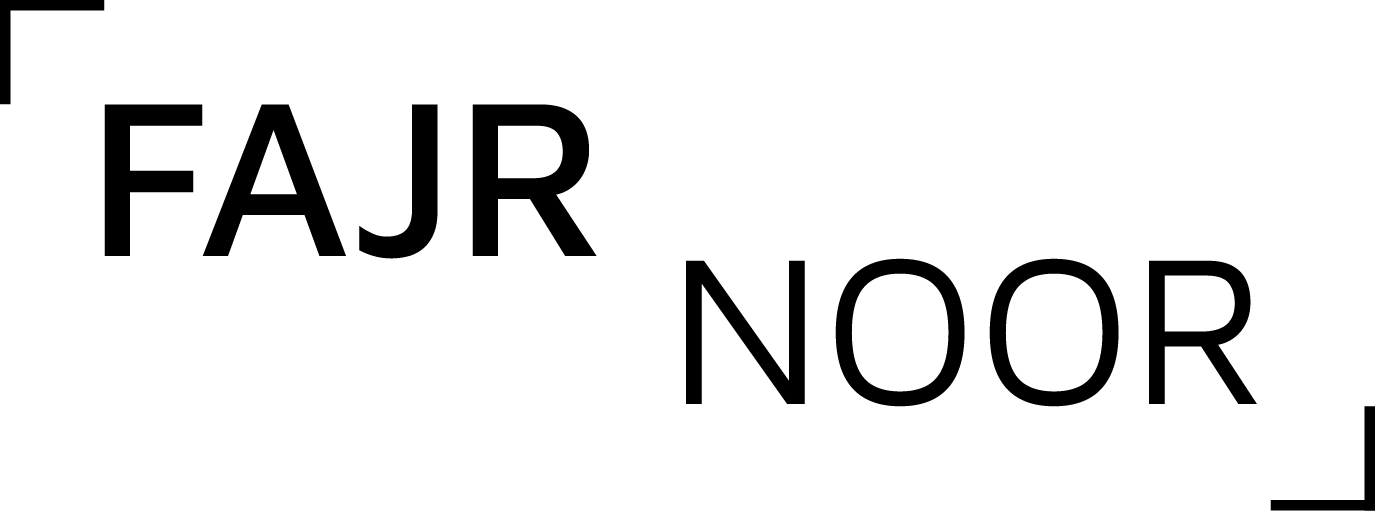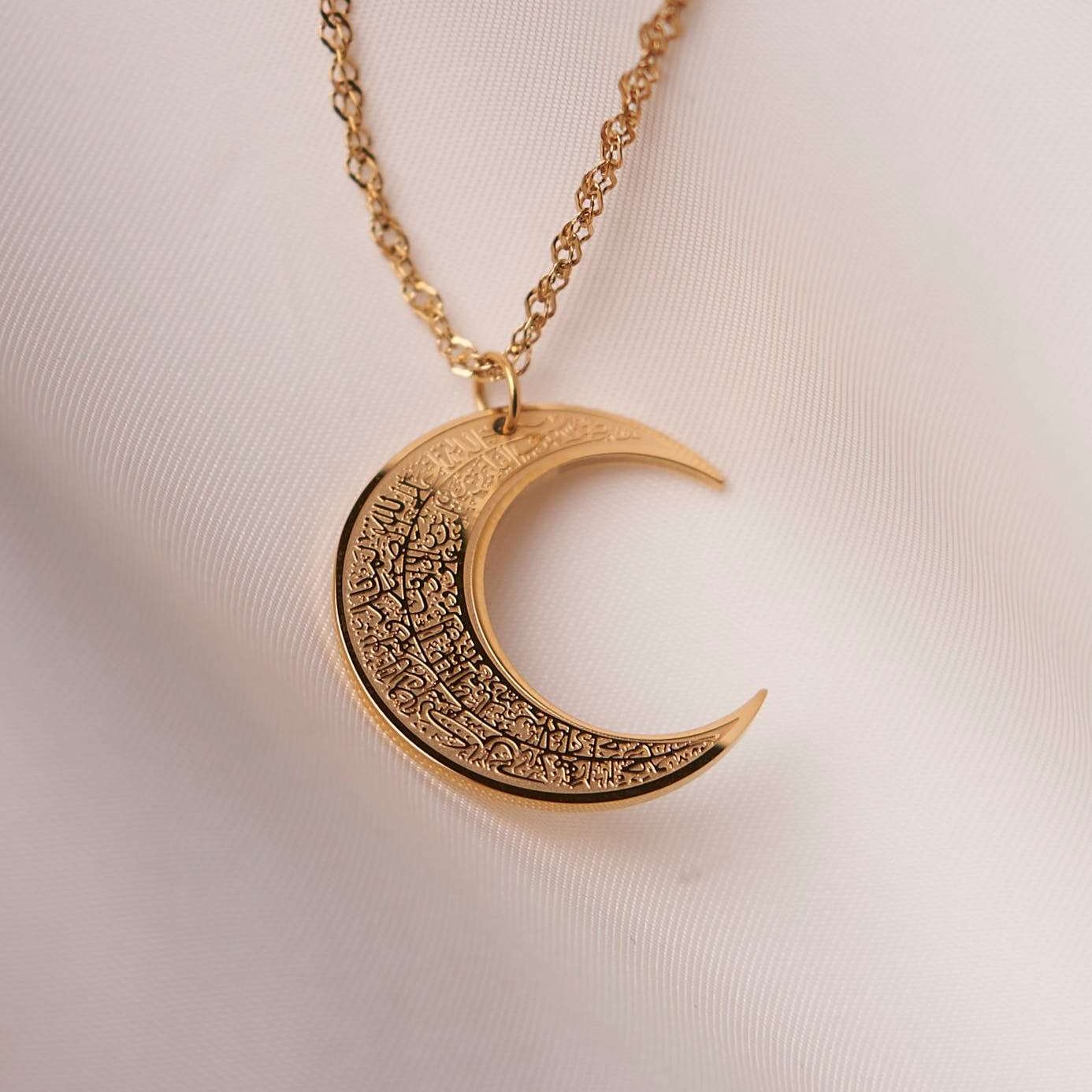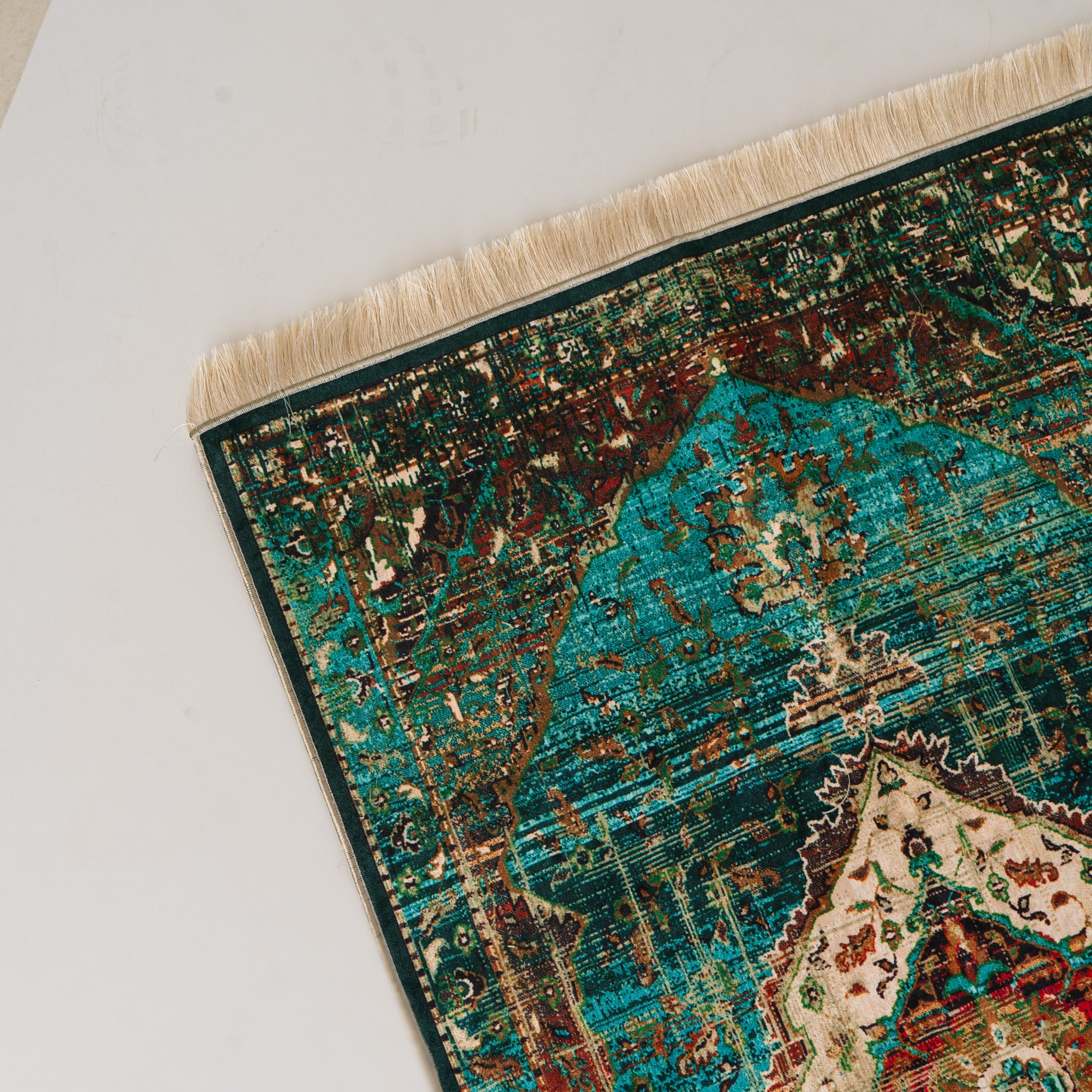Managing personal finances is important for individuals of all faiths. For young Muslims, it becomes even more significant as they navigate both the challenges and opportunities that come with their faith. By adopting sound financial habits early on, young Muslims can ensure a secure future while upholding the principles of Islam. In this article, we will discuss five essential financial tips tailored specifically for young Muslims. From creating a budget for your faith to understanding desires and wants, these tips will help you make informed financial decisions and build a solid foundation for your future.
Creating a Budget for Your Faith
One of the first steps towards financial independence is creating a budget that aligns with your faith. Begin by assessing your income and expenses, including regular zakat contributions. Allocate a portion of your income to meet obligatory religious obligations, such as zakat and sadaqah. Being mindful of these commitments will help you prioritize your spending and ensure that you fulfill your religious responsibilities.
When it comes to zakat, it is important to understand its significance in Islam. Zakat is not just a form of charity; it is a pillar of Islam that purifies your wealth and helps to alleviate poverty in the community. By including zakat as a regular expense in your budget, you are actively participating in this important aspect of your faith.
Next, it is crucial to identify your essential expenses, such as housing, utilities, food, and transportation. These are the basic necessities that everyone requires to live a comfortable life. Islam encourages moderation and avoiding extravagance, so it is important to allocate funds to cover these necessities while being mindful of your spending habits.
When it comes to housing, consider factors such as rent or mortgage payments, property taxes, and maintenance costs. By budgeting for these expenses, you can ensure that you have a safe and comfortable place to live, while also being financially responsible.
Utilities, such as electricity, water, and gas, are essential for daily living. By allocating funds for these expenses, you can ensure that you have access to these basic necessities without any interruptions.
Food is another essential expense that should be included in your budget. Consider factors such as groceries, dining out, and any dietary restrictions or preferences you may have. By planning your meals and shopping wisely, you can not only save money but also ensure that you are nourishing your body in accordance with your faith.
Transportation expenses can include fuel costs, public transportation fees, or vehicle maintenance. By budgeting for these expenses, you can ensure that you have reliable transportation to get to work, school, or the mosque, while also being mindful of your environmental impact.
Finally, it is important to set aside a portion of your income for long-term goals such as education, marriage, and charitable endeavors. Planning for the future is not only financially prudent but also in line with Islamic teachings. Education is highly valued in Islam, so allocating funds for your own or your children's education is an investment in both personal and religious growth.
Marriage is also an important aspect of life for many individuals. By budgeting for marriage expenses, such as dowry, wedding ceremony, and setting up a new household, you can ensure that you are financially prepared for this significant milestone.
Charitable endeavors are highly encouraged in Islam, and by setting aside funds for charitable giving, you can actively contribute to the betterment of society. Whether it's supporting local organizations, sponsoring an orphan, or participating in community development projects, your budget can reflect your commitment to making a positive impact.
Remember, by creating a budget based on your faith, you are taking a proactive approach towards managing your finances responsibly. It is not just about numbers and calculations; it is about aligning your financial decisions with your beliefs and values. By doing so, you can achieve financial stability while also fulfilling your religious obligations and making a positive impact on the world around you.
The Benefits of Investing Early
Investing in your future is crucial but even more so when you start early. Islamic finance offers various investment options that comply with Shariah principles. Whether it is investing in halal stocks, real estate, or mutual funds, you can grow your wealth while adhering to Islamic values.
Investing early allows you to benefit from compound interest and long-term growth potential. By starting early, you give your investments more time to grow, which can significantly impact your financial well-being in the future. This means that even small investments made early on can turn into substantial sums over time.
One of the key advantages of investing early is the power of compound interest. Compound interest is the interest earned not only on the initial investment but also on the accumulated interest from previous periods. This compounding effect can lead to exponential growth in your investments over time.
For example, let's say you start investing $1,000 at the age of 25 with an annual return of 8%. By the time you reach 65, your investment would have grown to approximately $21,725. However, if you had started investing the same amount at the age of 35, your investment would only grow to around $10,063 by the time you reach 65. This significant difference is due to the extra time your investment had to compound and grow.
Additionally, through informed investment decisions, you can support ethical practices and industries that align with Islamic values. Islamic finance emphasizes ethical investing, which means avoiding investments in industries such as alcohol, gambling, and tobacco. By investing early in halal stocks or funds, you can contribute to the growth of businesses that adhere to ethical principles and promote societal well-being.
However, navigating the world of Islamic finance and halal investments can be complex. It is essential to seek guidance from financial advisors who specialize in Islamic finance. They can help you understand the intricacies of halal investment and ensure you make prudent choices that align with your faith and financial goals.
These specialized advisors can assist you in identifying halal investment opportunities that offer growth potential while adhering to Shariah principles. They can also help you assess the risks associated with different investment options and develop a diversified portfolio that suits your risk tolerance and financial objectives.
Furthermore, financial advisors can provide ongoing support and guidance, helping you stay updated on market trends and making necessary adjustments to your investment strategy as needed. This proactive approach ensures that your investments continue to align with your goals and adapt to changing market conditions.
In conclusion, investing early offers numerous benefits, especially when it comes to Islamic finance. By starting early, you can take advantage of compound interest and long-term growth potential, allowing your investments to grow significantly over time. Additionally, by making informed investment decisions, you can support ethical practices and industries that align with Islamic values. To make the most of your early investments, it is crucial to seek guidance from financial advisors who specialize in Islamic finance and can help you navigate the complexities of halal investment.
Exploring the Benefits of Zakat
Zakat is one of the five pillars of Islam and holds immense significance for Muslims. By giving a share of their wealth to those in need, young Muslims not only fulfill a religious obligation but also contribute to the betterment of society.
Zakat acts as a means of purifying wealth and fostering compassion towards those who are less fortunate. It helps in reducing disparities in society and provides assistance to those facing financial hardships. Through righteous giving, young Muslims can experience the profound impact of zakat on their own spiritual growth and the well-being of others.
Before giving zakat, it is essential to understand the guidelines set forth by Islamic jurisprudence. Seek advice from scholars or reputable organizations to ensure that your contributions are directed to deserving recipients and used effectively.
Making Your Money Work for You
Young Muslims should strive to make their money work for them by adopting smart financial practices. This includes distinguishing between halal and haram income sources and avoiding involvement in unethical financial activities.
Consider exploring Islamic banking and finance options that conform to Shariah principles. Islamic banking offers various products, such as halal mortgages and Islamic savings accounts, which are free from interest and comply with Islamic law. Engaging with ethical financial institutions can help you earn profits in a way that aligns with your faith.
Furthermore, investing in your education and acquiring relevant skills is a sound financial decision. By continuously learning and improving, you can increase your earning potential and create more opportunities for yourself in both personal and professional spheres.
Understanding Desires and Wants
The concept of desires and wants plays a significant role in managing finances. Islam encourages self-control to avoid overindulgence in material possessions. By understanding the difference between needs and wants, young Muslims can prioritize their spending and avoid accumulating unnecessary debt.
It is crucial to assess your desires and reflect upon whether they align with Islamic teachings and principles. Learning to resist the temptation of unnecessary spending can have a profound impact on your financial well-being. Redirecting your resources towards fulfilling your long-term goals and helping others can bring greater fulfillment and satisfaction.
By incorporating these financial tips into your life, you can build a strong financial foundation while adhering to the principles of Islam. Remember, financial responsibility, guided by faith, is a powerful tool to create a prosperous and fulfilling future.

















Leave a comment
All comments are moderated before being published.
This site is protected by hCaptcha and the hCaptcha Privacy Policy and Terms of Service apply.